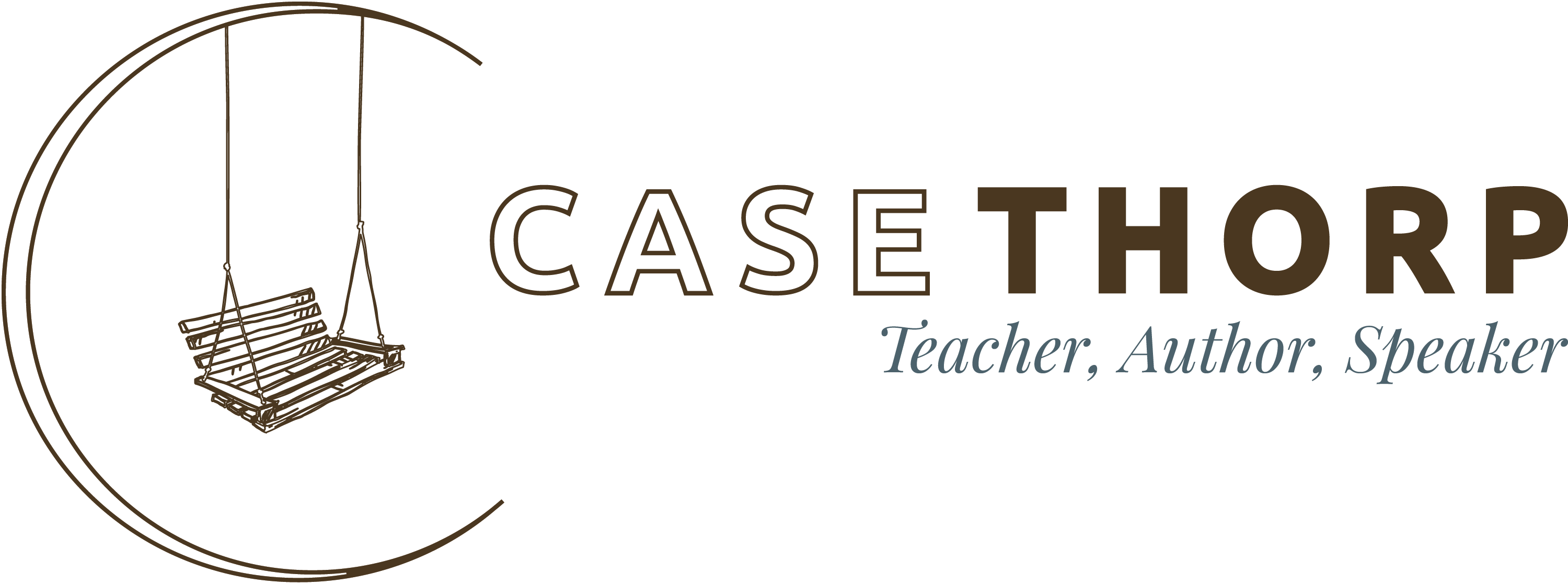by Case Thorp
Moderator of the 39th General Assembly
JAKARTA, INDONESIA—The World Reformed Fellowship, a global association of evangelical Reformed Christians, met in Jakarta in August for its quadrennial General Assembly. This four-day gathering of 68 denominations and more than 162 affiliate organizations from 25 countries includes worship, workshops, and excursions to area ministry projects. The chosen location is no accident, both for being in the world’s largest Muslim democracy and as home to one of the largest Reformed churches in the world—the Messiah Cathedral founded by evangelist Stephen Tong.

EPC Assistant Stated Clerk Jerry Iamurri and I attended the gathering. What struck me, as a first-time attendee, were the topics of conversation and the diminishing emphasis of those past concerns that seemed to rob all of our imaginations. This is not to say that the old concerns were not important, but rather they served more as distractions from those things that our congregants were dealing with in their day-to-day lives. I heard nary a word on Roman Catholicism, immorality, or threats to biblical authority. The progressive mainline Protestant denominations from which these church bodies originated are a distant afterthought for these leaders.
However, like a breath of fresh air, the speakers focused on the current and future concerns of our times: the global refugee crisis, the decline of Western civilization, the rise of Islam, the challenges technology presents, political instability in various places worldwide, the development of leadership, the health of our institutions, and more. These emphases demonstrate a maturity and confidence for the evangelical Reformed church to strive forward as change agents.
The desire is not just to speak of these things in the theoretical, but also seek to figure out what sustainable solutions might look like. We toured a ministry that serves refugees, which is operated by the Lippo Group’s James Riady, the billionaire convicted in the 1996 Clinton campaign scandal prior to his conversion to Christianity. When 1,400 Afghans, Somalis, Iranians, and Iraqis became stuck in Indonesia on their way to Australia, Riady stepped up to meet the need. Within two weeks, he had a community center set up to educate the children and assist with healthcare through one of his hospitals, free of charge.
Besides Riady’s moving work, conference conversations wrestled with the tension between love and order: how do you grieve for the horrific human suffering while at the same time lobbying leaders to create laws, systems, and strategies to stem the flow of people groups? The status quo is not acceptable or sustainable for these leaders, who have many questions and no easy answers.
The decline of the West is not only on the lips of the Scots and Americans, but certainly our Asian, African, and Latin counterparts. The rise of China, the perceived American political instability, and the sexual and gender revolution occurring around us alarm and puzzle many. China’s dominance and aggression is much more acutely felt here, and American political discourse is all the more silly when seen from abroad. A fundamental example of Western decline is the abandonment societies are taking with concern to personhood.
The halls of the World Reformed Fellowship nervously echo with debate of a newly emerging anthropology. What makes a person a person? What is permeable or constant for a person illustrates the disparity between a Christian idea of a human and a postmodern view being embraced socially and ensconced legally.
Christian theology, upon which the Western tradition bases its ideas of human rights, democracy, and contractual arrangements, teaches a human to be divinely created, made in the image of God, marred by sin leading to bad choices, redeemable by faith in Jesus, and charged to share the love of Christ with others in word and deed. The Western embrace of abortion, same-sex marriage, transgender rights, and euthanasia, not to mention to bubbling frontier of genetic engineering, tells us there is no consensus of what a person is and what is best for them. Social and political domination, sometimes to the point of violence, is necessary to advocate one group’s vision for humanity over another. How evangelicals will teach their own contra-social anthropology to their people, and then present it as a better alternative to the community, is a great challenge requiring further thought and strategy. But there seems to me to be a glaring need for us to “pivot” and do just that.
One speaker, a Hong Kong pastor and theology professor, told of the role of Christians in the ongoing street protests in his city as he struggled to balance the role of violence for the followers of Jesus, and the place of pursuing justice at the risk of social disorder. He echoed his own personal conclusion about his role with the protests, a statement that embodied much of the tenor of the World Reformed Fellowship. He said, “We have to be with our sheep. And our sheep are out there.”
The debates of the last century, which form a comfortable stereotype for others about evangelicals, are fully behind us, and we look now to be with our sheep, and be out there.
